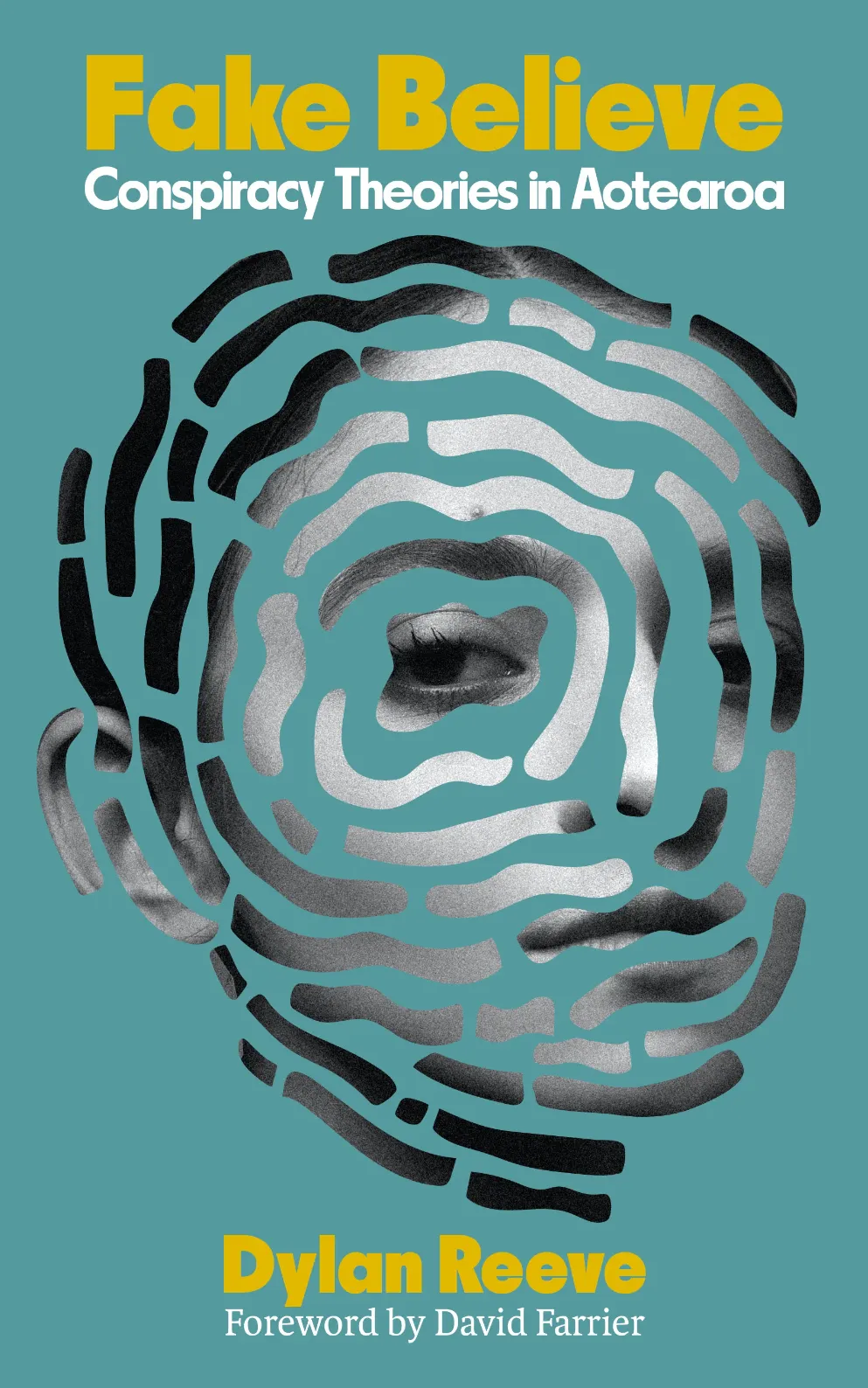Book review - Fake Believe by Dylan Reeve
James Brown - 7th August 2023

I read Fake Believe by Dylan Reeve earlier this year, and intended to review it at the time for the newsletter. But typically for me, life got in the way and I never got around to actually putting my thoughts on the page. And as the book has been out for almost a year now, I felt I had missed the boat. However, as Dylan will be a contestant on The Traitors NZ (starting Monday August 7 on Three) perhaps now is a good time to strike while the iron is somewhat reheated.
Incidentally, The Traitors is essentially a must-watch for skeptics. Based on a Dutch original, any of the three English-language versions produced last year (in the US, UK and Australia) are worth your time if you can find them. Basically a whole show about lying, It’s a fascinating illustration of deception, paranoia and cognitive biases in a group dynamic. I have high hopes for the local version, even if I’m decidedly not a fan of the host.
On to the book review. Dylan is a good friend of mine, and he has always been annoyingly multitalented. So it was particularly irritating to discover that he also has an entertaining and engaging writing style. Fake Believe strikes a balance between sympathy for conspiracists - on an individual level - without giving credence to their beliefs. It’s a little too common in skeptic circles to write off ‘true believers’ entirely as hapless rubes. Perhaps understandable based on some of their beliefs, but it’s not an approach that tends to have much success in winning friends and changing minds. Dylan clearly has a genuine curiosity to actually understand what conspiracist thinkers believe and how those beliefs are shaped. His research work involved spending a lot of time on public and private alternative-truth internet channels, and interviewing believers directly - those few who are willing to openly discuss the subject with outsiders.
I believe the main audience for the book is so-called ‘normies’ who, prior to COVID, were relatively naive about the existence of conspiracy theory communities. For them it will be eye-opening - and probably alarming - just how widespread and how outlandish a lot of the beliefs described actually are. For many skeptics, who tend to be more familiar with this stuff, a lot of the content will feel less like new information. However, it is presented in a fresh and interesting enough way that there will be something for every reader.
Written in 2022, of course the focus is largely on the COVID pandemic and response, as well as the antecedents of related topics in an Aotearoa context. For me, though, the highlight is the appendices, where Dylan covers a broad range of conspiracy topics as a sort of rapid-fire primer on all the classic hits of conspiracy bullshit. If you know a little about QAnon and Pizzagate but aren’t intimately familiar with their origins and spread, not to mention how genuinely deranged most of their ideas are, this will be a treat (albeit an alarming one).